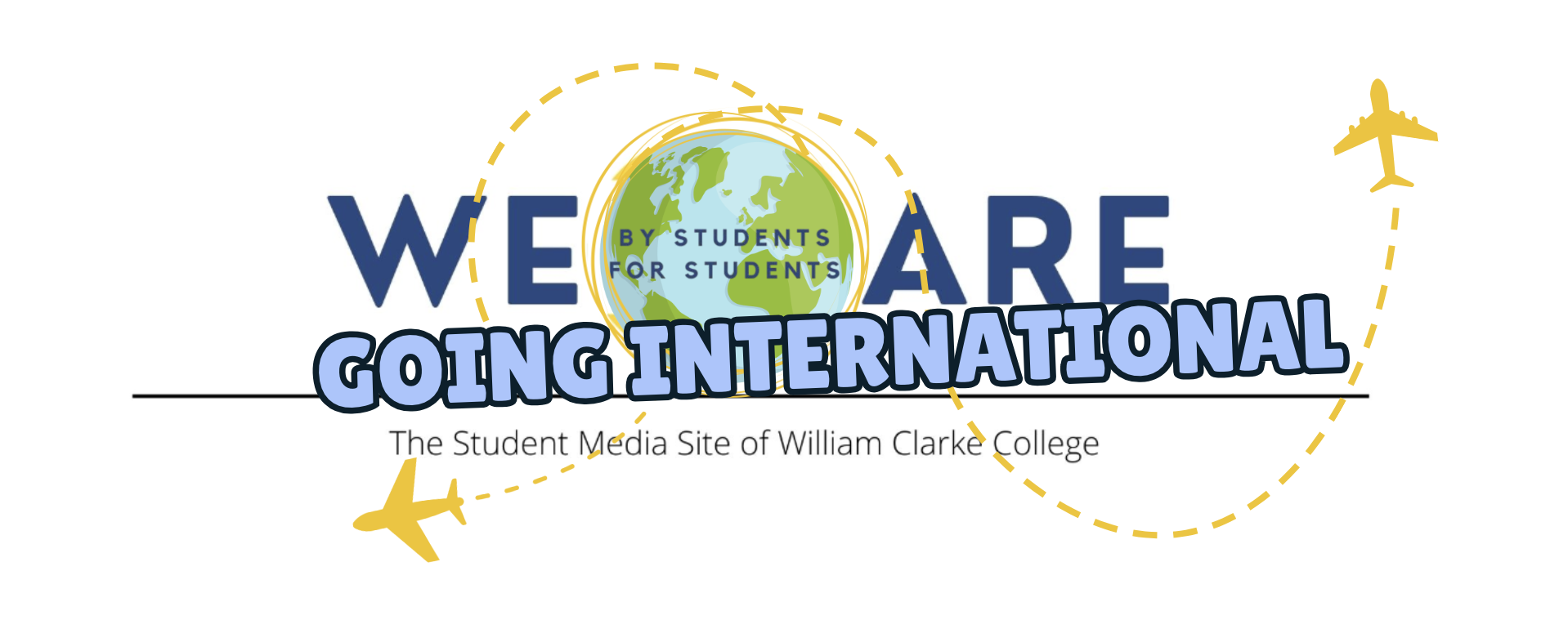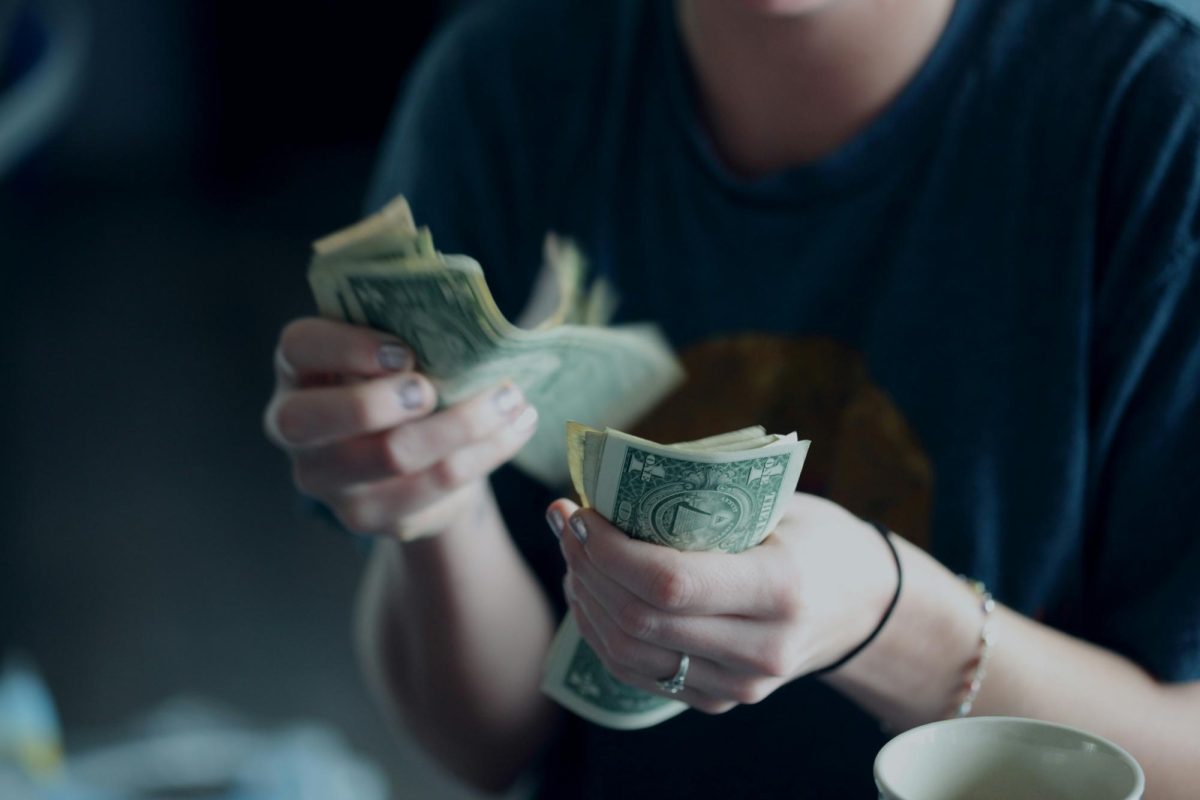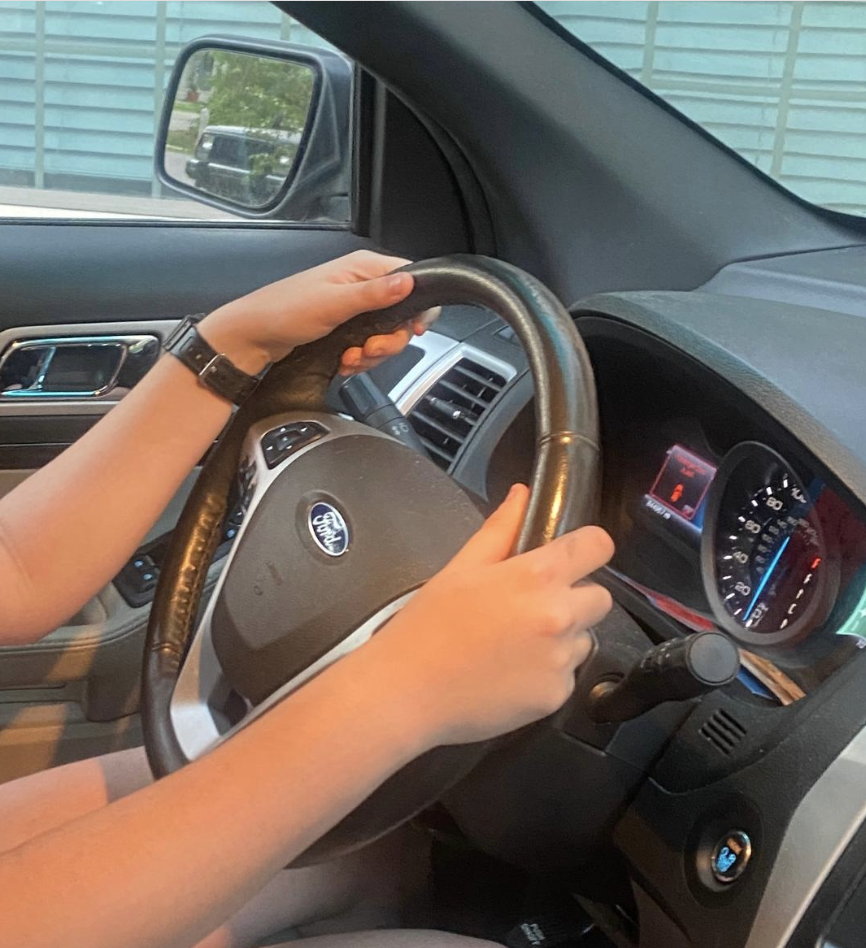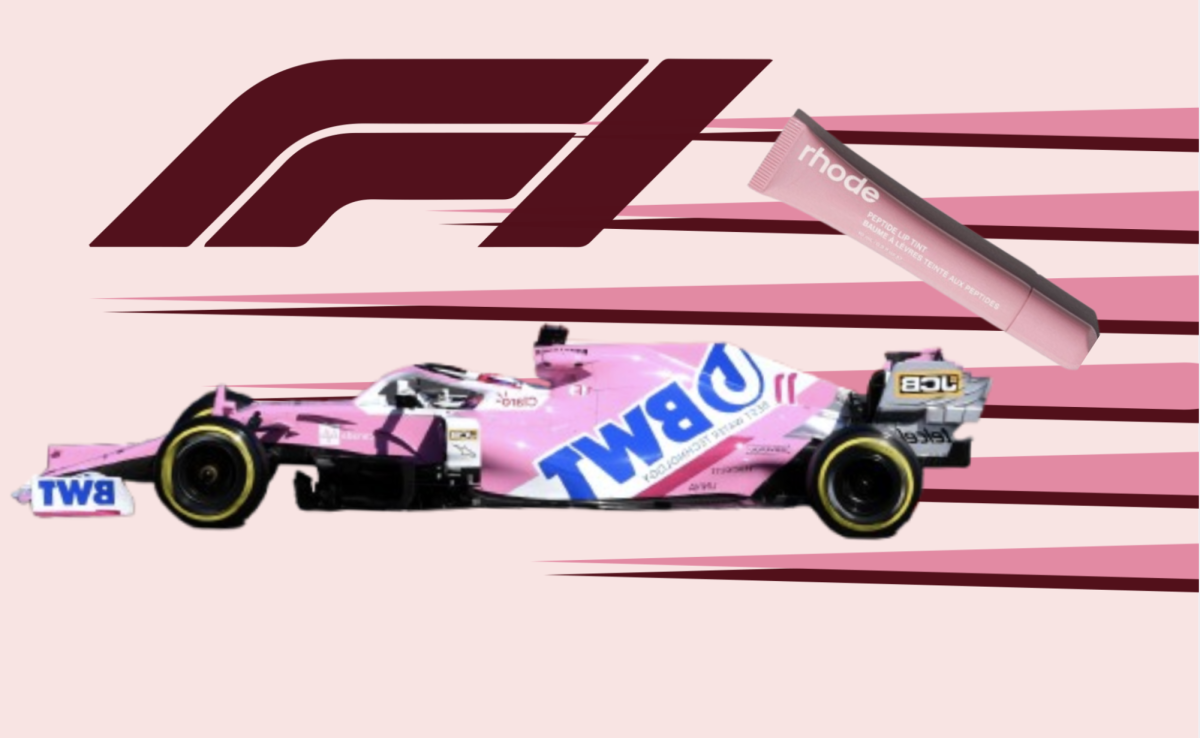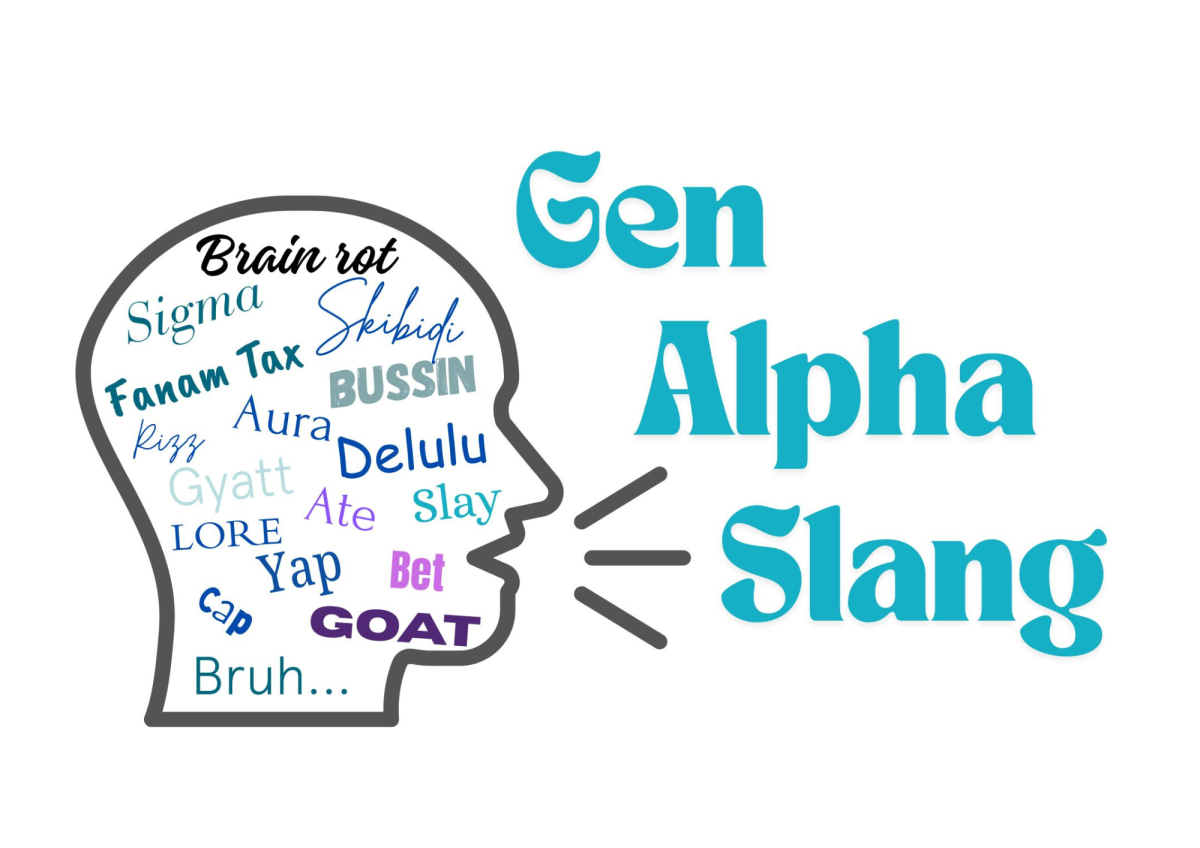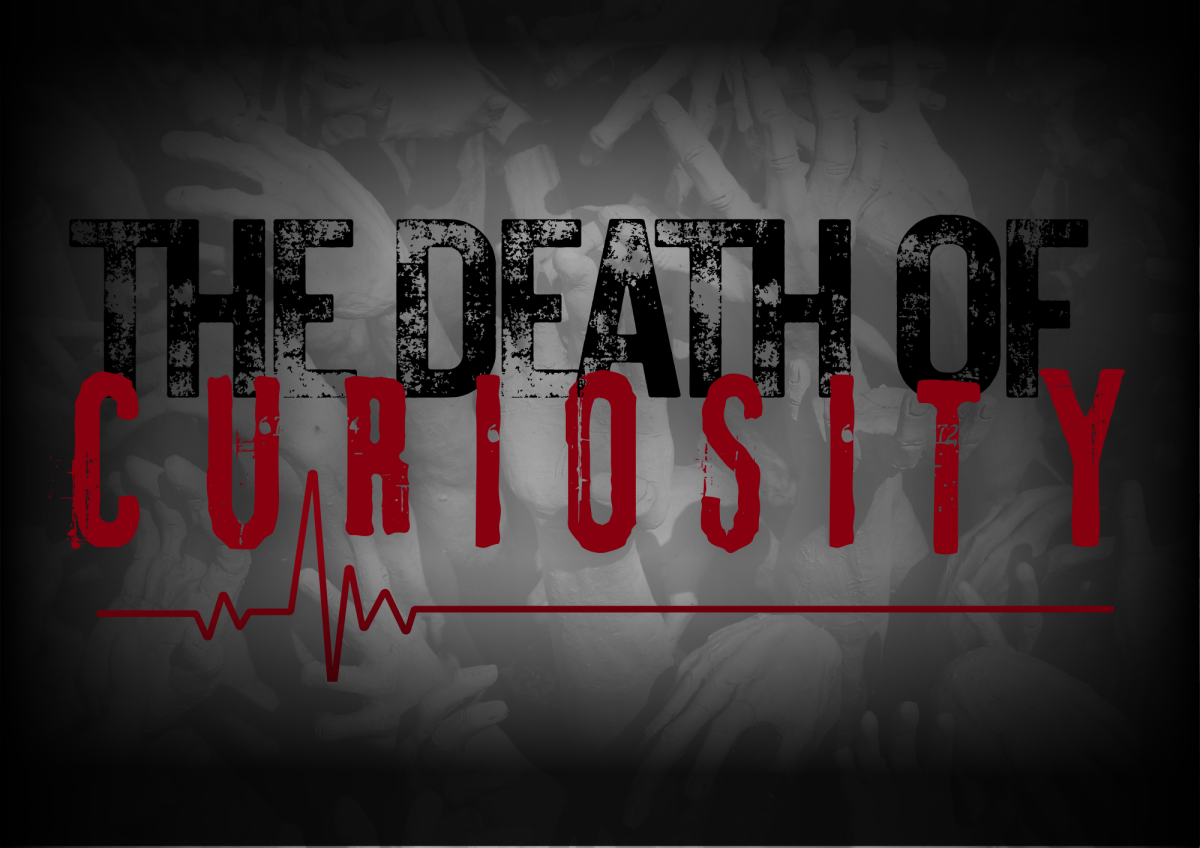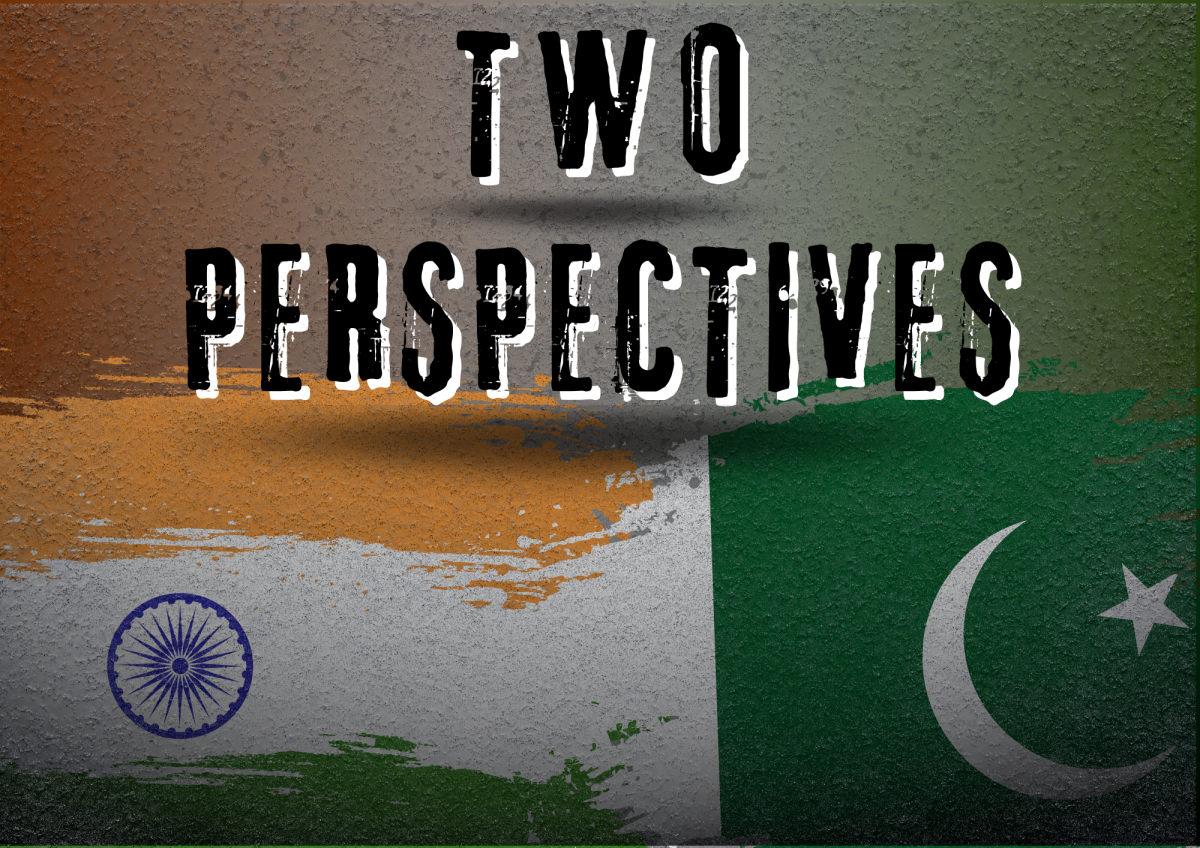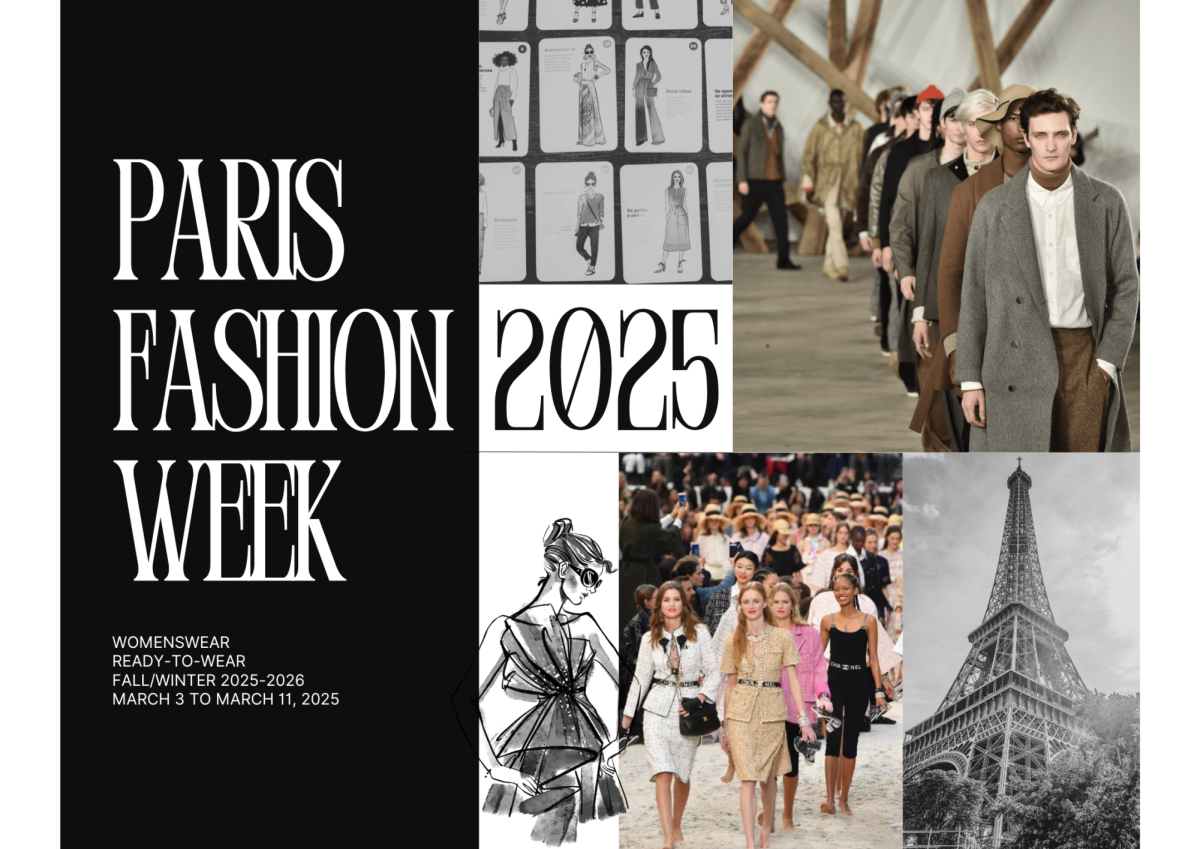In a society where meticulously edited photos and unachievable beauty standards are ubiquitous, many young people struggle with negative body image and body dysmorphia. Through fads such as ‘Glass Skin’ on the TikTok FYP and social media influencers pushing new beauty trends, we’ve seen a rise to the silent epidemic known as body dysmorphia, caused by the constant pursuit of a fragmented vision of “perfection”. Beneath this epidemic is a harsher reality, one shaped by profit-driven media and corporate greed. In order to understand how media manipulation and makeup empires have persuaded young men and women to sacrifice their own beliefs, values and money in favour of conforming to an unachievable standard of beauty, the bitter intentions of these makeup businesses must also be investigated.
The youth-centric culture has dominated society as a large portion of teenagers have become obsessed with body perception and beauty. With the rise of social media, studies demonstrate this is only amplified even more; displaying that increasing numbers of teenagers have developed extensive body dysmorphia and problems with body image. The Guardian’s recent survey (Nov 2023) has indicated “nearly half of all children and young people aged from 12 to 21 questioned said they have become withdrawn, started exercising excessively, stopped socialising completely or self-harmed because they are regularly bullied online and in person about their physical appearance.” This survey is severely alarming as such a large percentage of young people are losing their self-identity and giving up their opinions and values to become an inanimate object that fits the social norms of beauty.
In both Western and East-Asian Cultures, visible factors of aging are stigmatised since fine lines and wrinkles are typically seen as unpleasant and are frequently connected to aging.
The beauty industry and media profits from selling products that conceal and hide fine lines and wrinkles, to increase corporate revenue. They stigmatise wrinkles as unpleasant and ugly; this creates a sense of requirement for the consumer, that they must have it to fit in with the social norm. Makeup corporations often exacerbate perceived insecurities through advertising a certain feature that people weren’t even aware they were supposed to be insecure about.
The media plays a significant role in perpetuating beauty standards and pushing ideals onto younger people. A direct example of this would be the rise of Drunk Elephant marketing with bright childish colours to tweens. TikTok generally has a positive impact on the younger generation through creative capacity, although can have many negative impacts on younger people who are insecure about their own image. This can include beauty trends to shrink smile lines/fine lines; these trends include expensive and painful procedures that young people feel pressured into participating in as they feel they will not be as attractive without them. These trends include skin tightening retinols that include high pH level acids, excessive weight loss culture, and even surgeries such as skin tightening plastic surgery and nasolabial fold surgery that can have dangerous ramifications such as atherosclerosis (blood vessels being blocked.)
Even though a large majority of influencers gain their income from makeup sponsorships there are some positive influencers such as Ariana Grande who exposes her raw vulnerable self.
Ariana Grande, “For me, I wanted to see my well-earned cry lines and smile lines. I hope my smile lines get deeper and deeper and I laugh more and more. I think aging can be such a beautiful thing,” This counteracts unrealistic ideals by presenting celebrities as authenticate, additionally this subconsciously normalises this behaviour of being true to self.
In summary, the media monetises our insecurities as a business opportunity, profiting off them. As the younger generations we are constantly changing and should not feel ashamed of any stage of that development. We need to remember that corporate makeup companies perpetuate unattainable beauty standards and encourage a consumerist society that feeds on self-affliction by preying on impressionable people without a stable and fully formed self-image.
